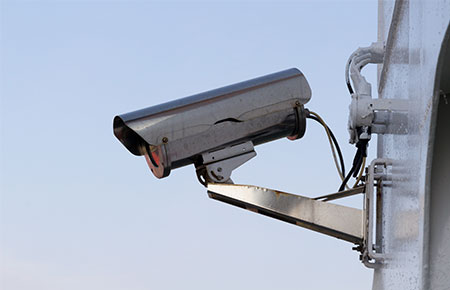Marine CCTV and camera systems are essential for ensuring the safety and security of vessels. These systems provide real-time surveillance and monitoring, helping to prevent incidents, monitor operations, and enhance overall situational awareness onboard. They are crucial for various types of vessels, including cargo ships, passenger ships, and offshore platforms.
Key Features of Marine CCTV and Camera Systems
Marine CCTV and camera systems are designed to withstand harsh marine environments. They are typically robust, waterproof, and resistant to corrosion. Key features include high-definition video quality, night vision capabilities, motion detection, and remote monitoring. These systems can be integrated with other onboard systems, such as alarm monitoring and control systems, for comprehensive security management.

Benefits of Using Marine CCTV and Camera Systems
- Enhanced Security: Continuous monitoring helps in detecting unauthorized access and potential threats.
- Operational Efficiency: Real-time video feeds assist in monitoring and managing onboard operations effectively.
- Incident Documentation: High-definition recordings provide valuable evidence in case of incidents or disputes.
- Remote Monitoring: Allows ship operators to monitor vessel conditions from remote locations, ensuring constant oversight.
- Safety Compliance: Helps in meeting international safety and security standards and regulations.
Types of Marine CCTV and Camera Systems
- Fixed Cameras: Installed at strategic locations to provide continuous monitoring of specific areas.
- PTZ Cameras: Pan-tilt-zoom cameras that can be remotely controlled to cover larger areas and focus on specific points of interest.
- Thermal Cameras: Provide thermal imaging to detect heat signatures, useful in low visibility conditions.
- Underwater Cameras: Designed for monitoring below the waterline, ideal for hull inspections and underwater operations.


